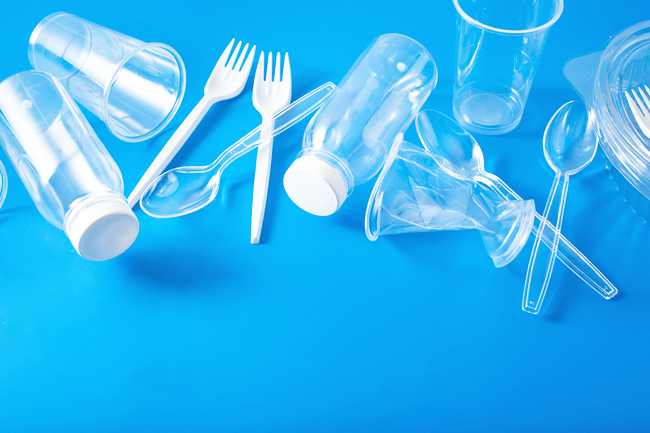In 2018, Malaysia set a goal to ban single-use plastics by 2030. Other nations have implemented, in one form or another, some kind of plastic ban in efforts to push the use of ‘eco-friendly’ alternatives, such as packaging using plant or biodegradable materials.
Our country’s recent change to the taxes on plastic imports could be considered a move that aligns with these global efforts to reduce plastic pollution.
According to the United Nations Environment Programme, the majority of plastic products end up in landfills. They also warn that plastic pollution can alter habitats, affecting millions of people’s livelihoods, food production capabilities and social well-being.
I don’t consider myself an environmentalist. But even so, I am aware that the overall reduction in plastic being used in our day-to-day lives is a positive change for the environment. However, it wasn’t until the recent uproar over plastic tariffs did I realise how intertwined we are to the material.
Walk along the aisles of any supermarket and you can find rows of products wrapped in cling film or packaged in convenient, lightweight plastic packets or containers, an unassuming presence of their role in the current environmental crisis.
Similarly, early birds after a grab-and-go breakfast at their local shops would find plenty of foods in plastic containers, supplied by home businesses, to help them get on with the day.

So these plastic bags and straws are not just little things that we as consumers can sort of get by without. The entire economy is essentially tied to the material – addicted, even. Its sudden removal would only send shockwaves through the system.
There are people who will argue the use of alternatives, everything from plant leaves to paper bags. However, the cost of using them may prove much higher for multiple reasons.
For one, there might not be an industry to supply them yet, so economies of scale can’t apply. The materials themselves may not be easy to work with, thus increasing the cost of labour.
A recent BBC article noted that while a glass bottle barely costs more to produce than a plastic one, transport cost shoots up by some 500 per cent due to the overall weight, which is so much more.
A study published a year ago suggested that switching from plastic to alternatives will significantly raise the overall environmental costs, simply because the sturdy, durable material does so much more compared to alternatives in the same quantity.
Some advocating in good faith believe that the price to pay is worth it. I don’t disagree. But considering that overall wages in this country have remained somewhat stagnant over the past decade, price increase in anything is going to be a tough pill to swallow.
At the end of the day, the dependence on plastics in our daily lives will need to be reviewed.
Just using less is a good start. And I think the plastic tariffs were meant to encourage that. In that spirit, I do support it. But actually overcoming our plastic addiction will need more forethought. It doesn’t just need a clear plan of action but also much greater transparency in policy changes because any change – no matter how minor – is going to affect certain pockets of society.
One country banned certain single-use plastics two years ago, but their use has not only remained rampant but is now generating more waste than prior to the move. Critics say the lack of guidance and enforcement is the main culprit.
For us as a nation, reducing or even stopping the use of plastic and significantly cutting down on the generation of plastic waste isn’t going to be easy. And without a clear goal in sight, without incentives and benefits to cushion the inevitable pains, it is simply not going to happen.
Genie In A Bottle



















































